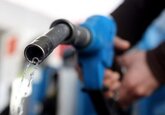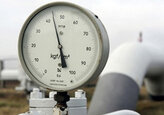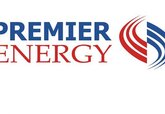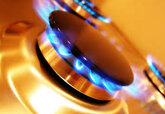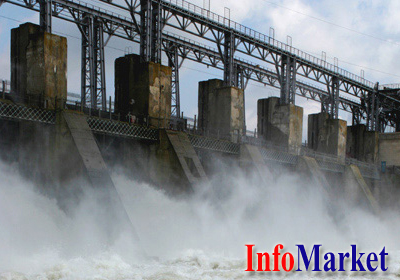
ANRE explained the current way of setting prices for oil products in Moldova and urged experts not to publicly provide erroneous or biased information when analyzing events in the oil products market.
In particular, the National Energy Regulatory Agency (ANRE), in its message, noted with regret that some experts or politicians continue to misinterpret the indicators published daily on the institution's website and the procedure for price caps, and in this regard, the energy regulator is forced to make a number of clarifications. As ANRE notes, currently the maximum selling prices for each batch of oil products are formed from 4 components: (1) Platts quotation (changes daily depending on the price on the market and the MDL to USD exchange rate); (2) Commercial margin (it is changed every six months by ANRE); (3) Excise duty (changes annually in accordance with the Tax Code); (4) VAT (unchanged). The ANRE clarified that the first component is published every working day until 12:00 on the ANRE website and is mandatory for the formation of prices for imported consignments starting from 00:00 the next day. The second component includes the companies' expenses and profits, which currently amount to MDL 2.33 per liter of gasoline and diesel fuel and MDL 1.98 per liter of liquefied gas. The third component is currently MDL 6.496 per ton of gasoline, MDL 2.734 per ton of diesel fuel and MDL 3.759 per ton of liquefied gas. The fourth component is currently 20% for gasoline and diesel and 8% for LPG. The ANRE notes that, in accordance with the current Law on the market of petroleum products, the maximum sale price calculated by economic agents on the basis of 4 components is applied to each consignment of goods on the day of import. On a first-in, first-out basis, new prices should be applied by operators as the previous batches are fully sold and replaced with new batches. As the energy regulator emphasizes, therefore, it is incorrect to interpret the Platts indicators published on the ANRE website as determining the price level in the “coming days”. Each batch of imported petroleum products cannot be sold at a price higher than the maximum established on the date of import. At the same time, prices necessarily follow the trend displayed on the site, simultaneously with the exhaustion of previously imported batches of petroleum products. In conclusion, ANRE assured that the current pricing mechanism for oil products does not allow economic agents to interfere at their discretion in the pricing formula. All of the above 4 components, from which the final price of fuel at filling stations is formed, are strictly defined by law and are publicly available data, and their excess by operators entails appropriate sanctions. In view of the above, ANRE asks public opinion-makers not to publicly provide erroneous or biased information when analyzing events in the oil products market, and, if necessary, contact the agency for clarification. // 18.08.2021- InfoMarket.


